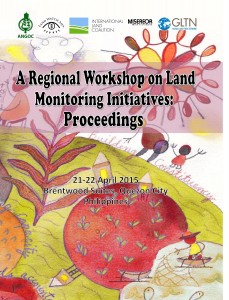Land-tenure policy reforms
Vietnamese land-tenure policy reforms were embedded into general economic reforms (Doi Moi), enabling the country’s transition toward a market economy. Since 1998, they were implemented incrementally together with complementary instruments such as agricultural market liberalization and new economic incentives. Major steps included disentangling socialist producer cooperatives and assigning land-use rights to its former members, developing and adapting a national legal framework (Land Law), and enhancing tenure security through gender-balanced inheritable land-use certificates.






